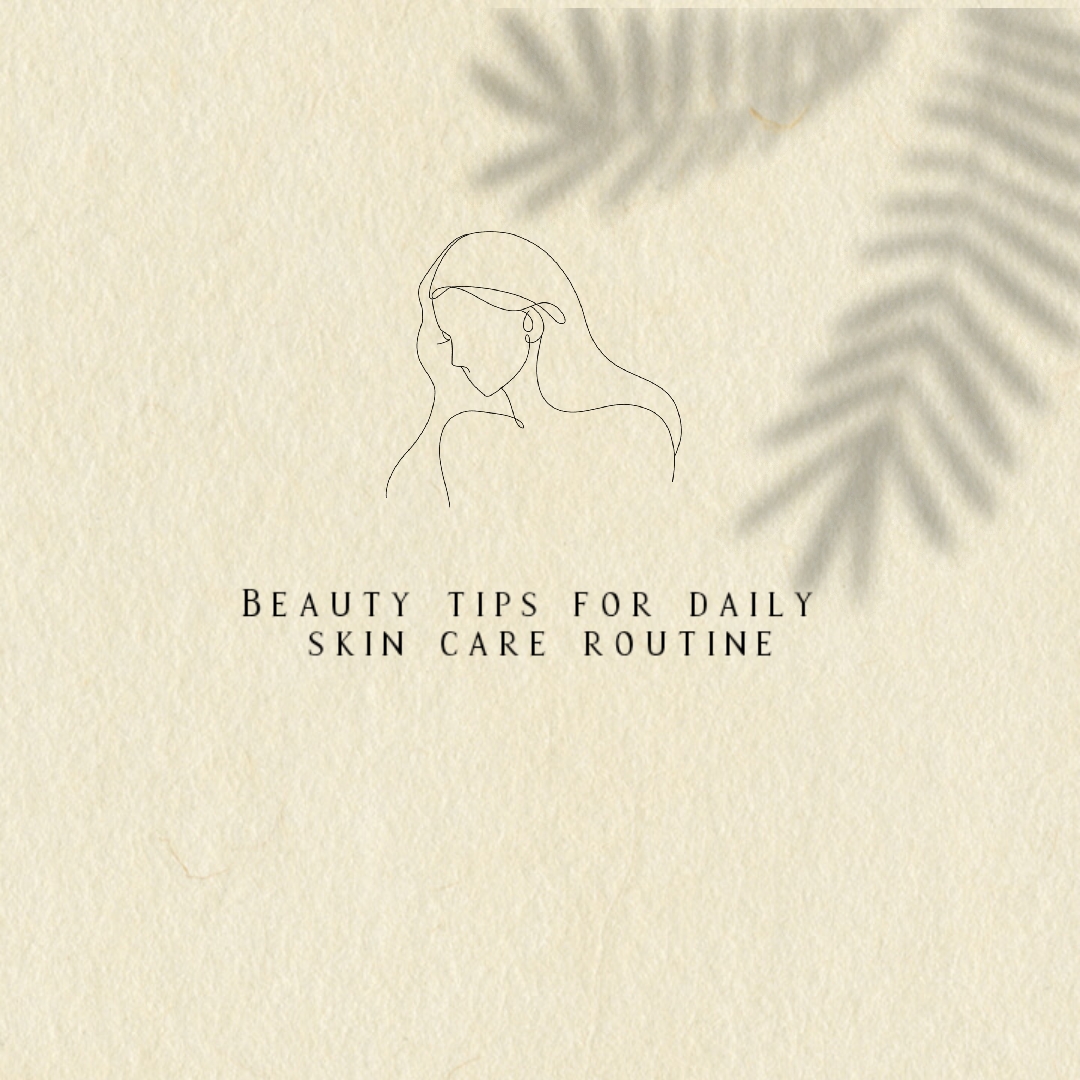1. Cleanse Regularly:
Use a gentle cleanser suitable for your skin type to remove dirt, oil, and makeup.
Cleanse your face twice a day, especially before bedtime to remove impurities accumulated during the day.
2. Moisturize:
Apply a good moisturizer to keep your skin hydrated. Choose a product that suits your skin type, whether it’s oily, dry, or combination.
3. Sun Protection:
Use sunscreen with at least SPF 30 to protect your skin from harmful UV rays. Apply it every morning, even on cloudy days.
4. Scrub your face gently:
Scrub your skin 1-2 times a week to remove dead skin cells and promote cell turnover. This helps in achieving a smoother complexion.
5. Stay Hydrated:
Drink plenty of water to keep your skin hydrated from the inside out. Aim for at least 8 glasses of water a day.
6. Healthy Diet:
Consume a balanced diet rich in fruits, vegetables, and whole foods. Nutrient-rich foods contribute to healthy skin.
7. Get Enough Sleep:
Aim for 7-9 hours of sleep each night. Quality sleep is crucial for skin regeneration and overall well-being.
8. Reduce Stress:
Practice stress-management techniques such as meditation, yoga, or deep breathing. High stress levels can contribute to skin issues.
9. Avoid Touching Your Face:
Limit touching your face to reduce the risk of transferring bacteria and causing breakouts.
10.Remove Makeup Before Bed:
Always remove your makeup before going to bed to prevent clogged pores and breakouts.
11. Use Products According To Your Skin Type:
Choose skincare products that are suitable for your specific skin type (dry, oily, combination, sensitive).
12. Facial Masks:
Treat your skin to a weekly facial mask to address specific concerns, such as hydration, acne, or brightening.
13. Eye Care:
Use a gentle eye cream to address dark circles, puffiness, or fine lines around the eyes.
14. Facial Exercises:
Exercise promotes blood circulation, which is beneficial for your skin. It also helps maintain overall health
15. Regular Dermatologist Checkups:
Schedule regular checkups with a dermatologist to address any skin concerns and receive professional advice on your skincare routine.
If you notice any changes or have any skin issues, consult with a dermatologist for professional guidance.
